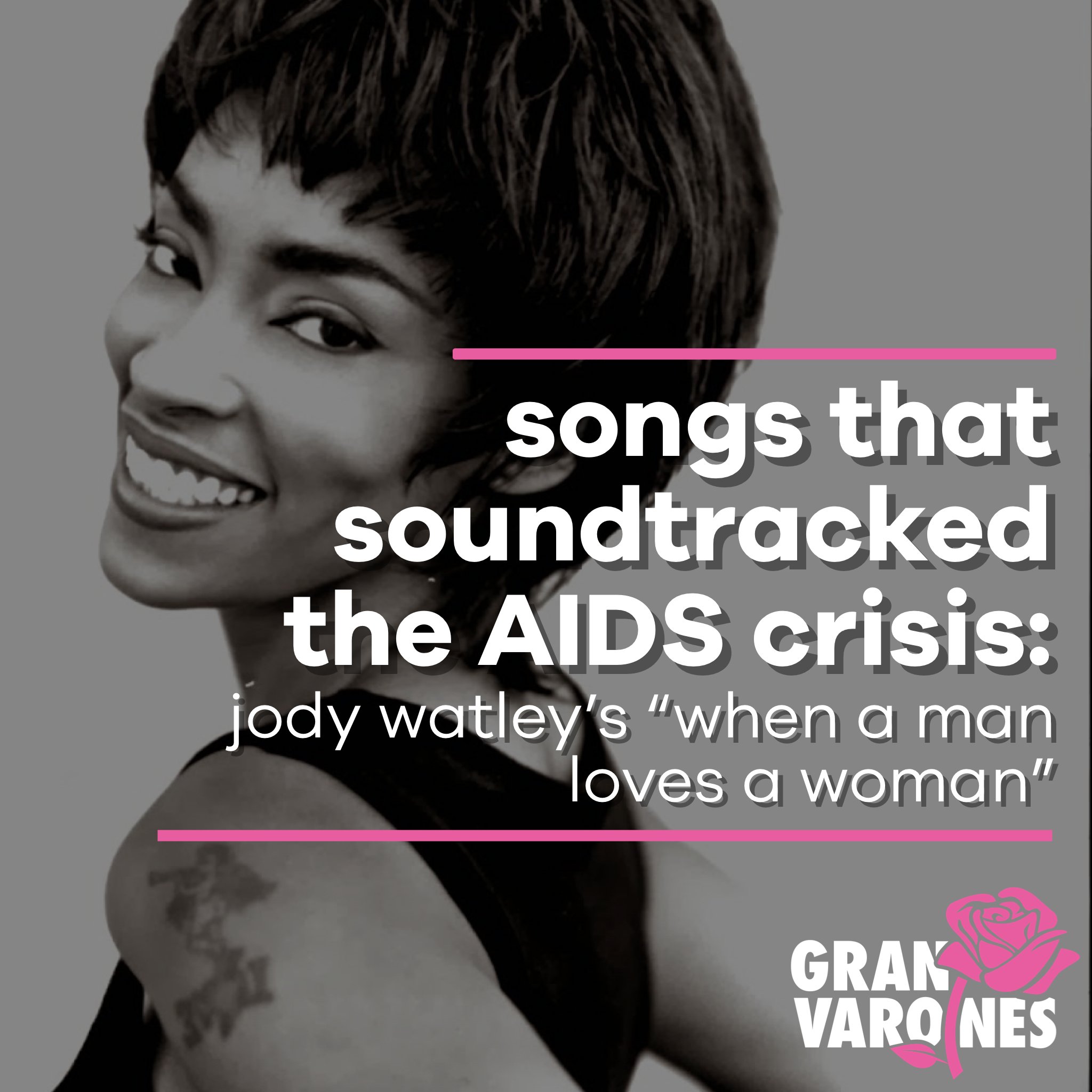in november 1993, pop music architect jody watley released her fourth solo album “intimacy.” a departure from the r&b/dance oriented sound that was prominent on her previous albums, “intimacy” was a boundary-defying body of work that in some ways predated the neo-soul movement that would take hold a few years later.
jody watley was propelled to international solo fame when her single “i’m looking for a new love” became an inescapable dance anthem in 1987. a string of hits followed including “friends,” her 1989 rap/sung genre-creating collaboration with hip-hop pioneers eric b & rakim.
in 1990, jody was at the height of her musical career when she accepted an invitation to participate in the groundbreaking production. “red, hot + blue,” is one of the first major AIDS benefit albums to raise funds and awareness about HIV. jody understood the impact that her participation in such a project could have as a pop star, specifically, a Black pop star. So after being met with resistance from her label, jody was not only featured on the album but was featured in the accompanying “red, hot + blue” television special in late 1990.
three years later, jody’s “intimacy” arrived in record stores in november 1993. the album was launched by the jazzy-influenced r&b jam “your love keeps working on me.” the follow-up single was the mossy and poignant “when a man loves a woman.”
co-written by watley, “when a man loves a woman” combines spoken word with subtle hip-hop-oriented rhythms, tip-hop overtones, and background vocals that are beautifully haunting. at the surface, the theme of the mid-tempo track is about the balances and imbalances of cis-hetero relationships. but at its core, “when a man loves a woman” is a kind of dismantling of power dynamics, and challenges the patriarchal norms about who gets to establish and hold boundaries in relationships.
“when a loves a woman” doesn’t teeter on the edge of social commentary, it hits the nail on the head, by explicitly naming domestic violence, negotiation of sex, and AIDS.
“when a man loves a woman
he knows the reality of AIDS
he won’t bring it home to you
by some other love he’s made”
while this lyric may have been heard as “fearmongering,” it was concurrent with the just-released CDC data, that reported HIV infection as the second leading cause of death for Black women ages 25-44 years old. the same report indicated that HIV infection was the leading cause of death for Black men in the same age category.
in its original form, “when a man loves a woman” is already a courageous work of art, but jody transcends not only the musical landscape that was 1993 but industry expectations about pop artists that are black women. the song was re-recorded too, accompanying a re-edited video for “when a man loves a man” remix.
set to a thumping house beat, which adds levity to the song, “when a man loves a man” is a testament that the relationship forged with her queer fans was not performative. With the simple change of pronouns, the remixed version of the song became a revolution and revelation. not many songs of that time openly mentioned AIDS, but even fewer directly shed light on domestic violence as impacting gay men.
“when a man loves a man
he’ll never raise his fists
he’ll know it doesn’t make him
any more of a man to do this.”
what makes this song, in all of its iterations beautiful, is its touching restraint. it never comes across as preachy or alarmist. but rather is a song that holds your hand as it conjures a vision of a loving aunt providing guidance and advice that empowers but doesn’t invade the mind. there is also a version of the song called “when a woman loves a woman.”
“when a man loves a woman” is available on all streaming networks. but “when a man loves a man” remains a song that must be unearthed. the song and music video can be currently found on youtube.
“when a man loves a man” still resonates with me as a lover, father, and queer person living with HIV. the song isn’t the most remembered in jody watley’s musical canon, but almost four decades later, it remains one of her most monumental.
louie ortiz-fonseca (he/they)

Leave a Reply